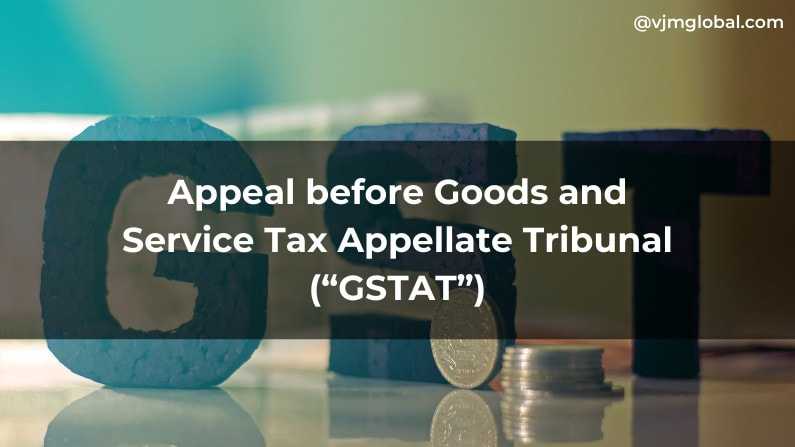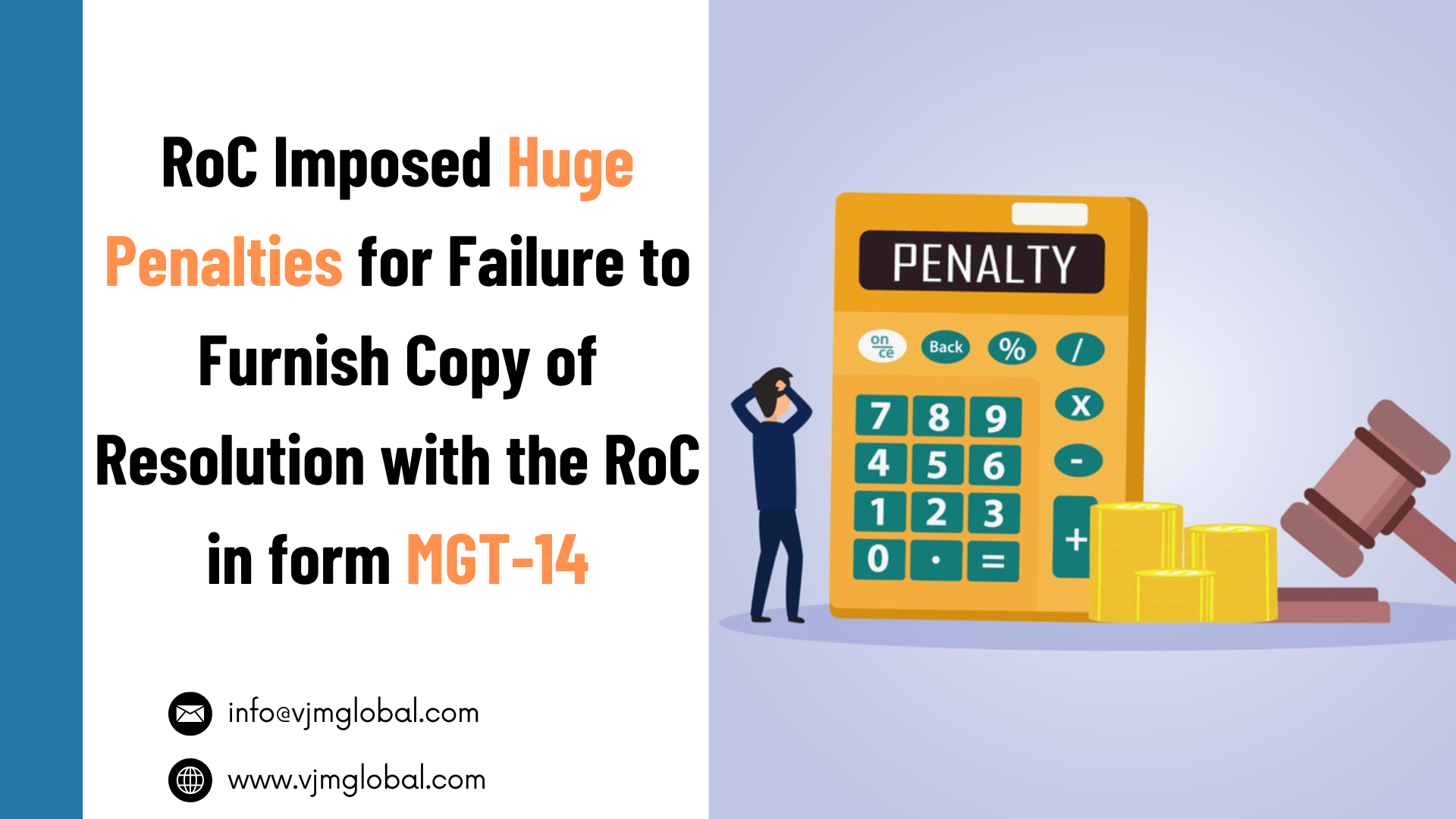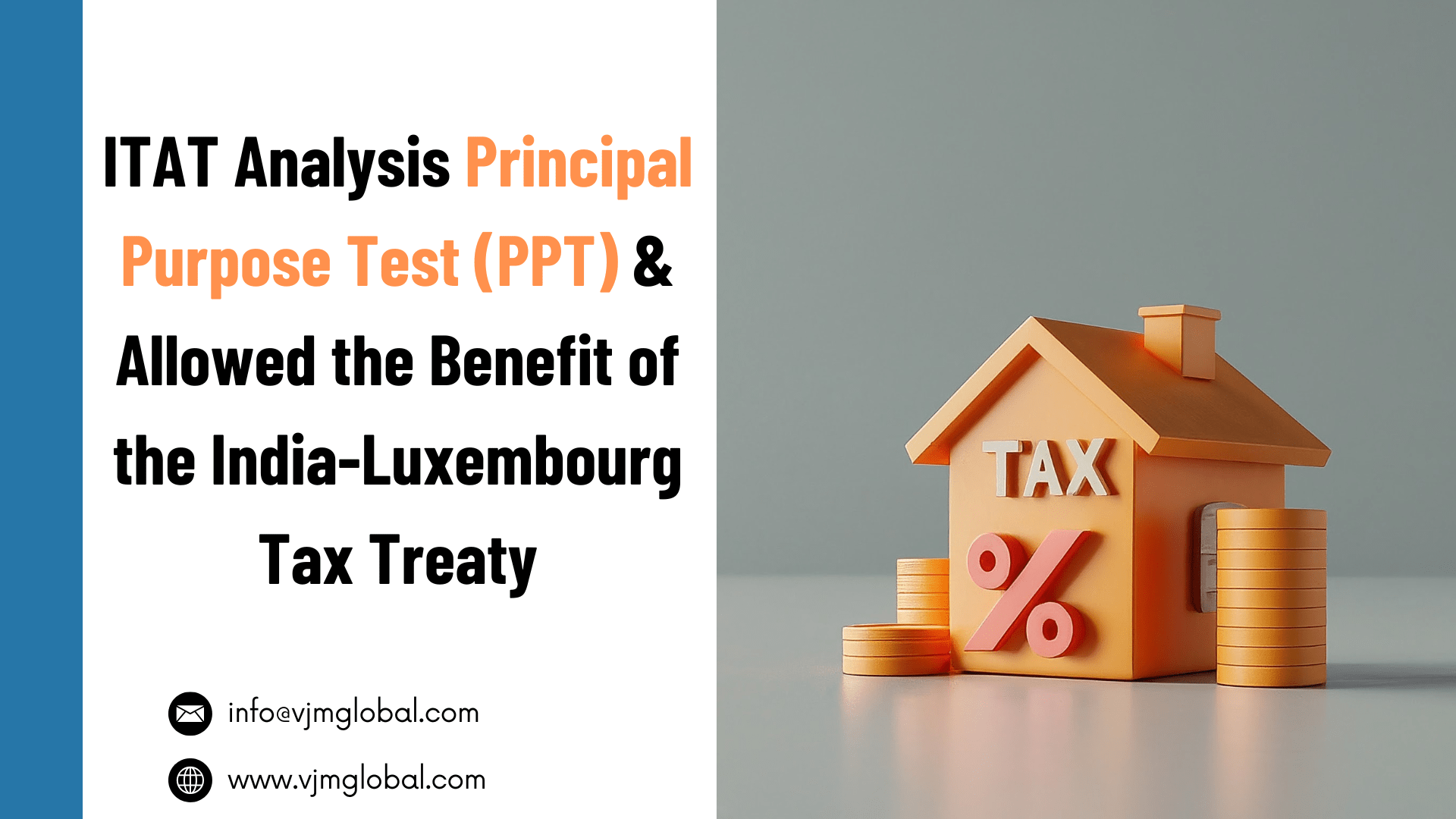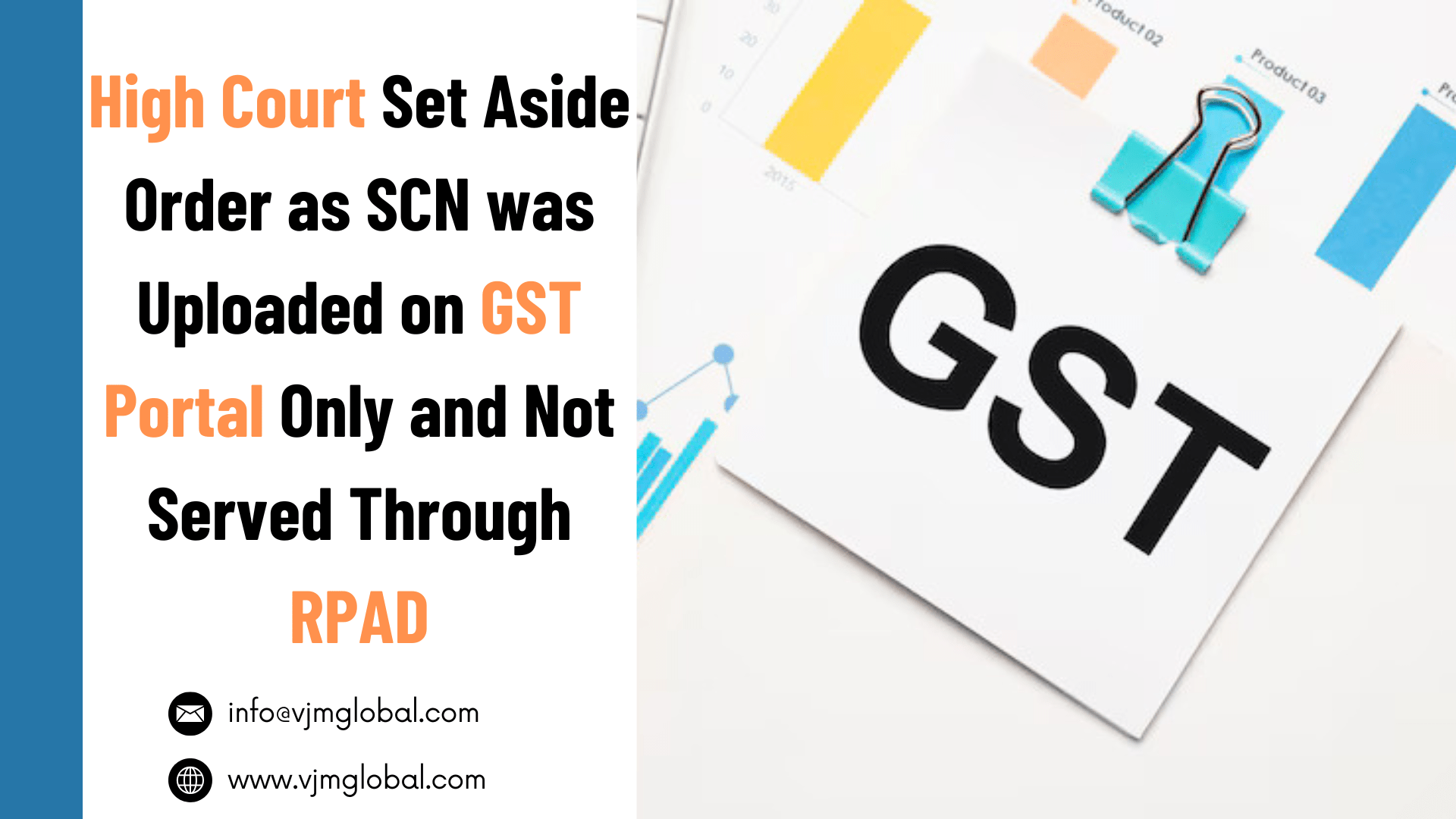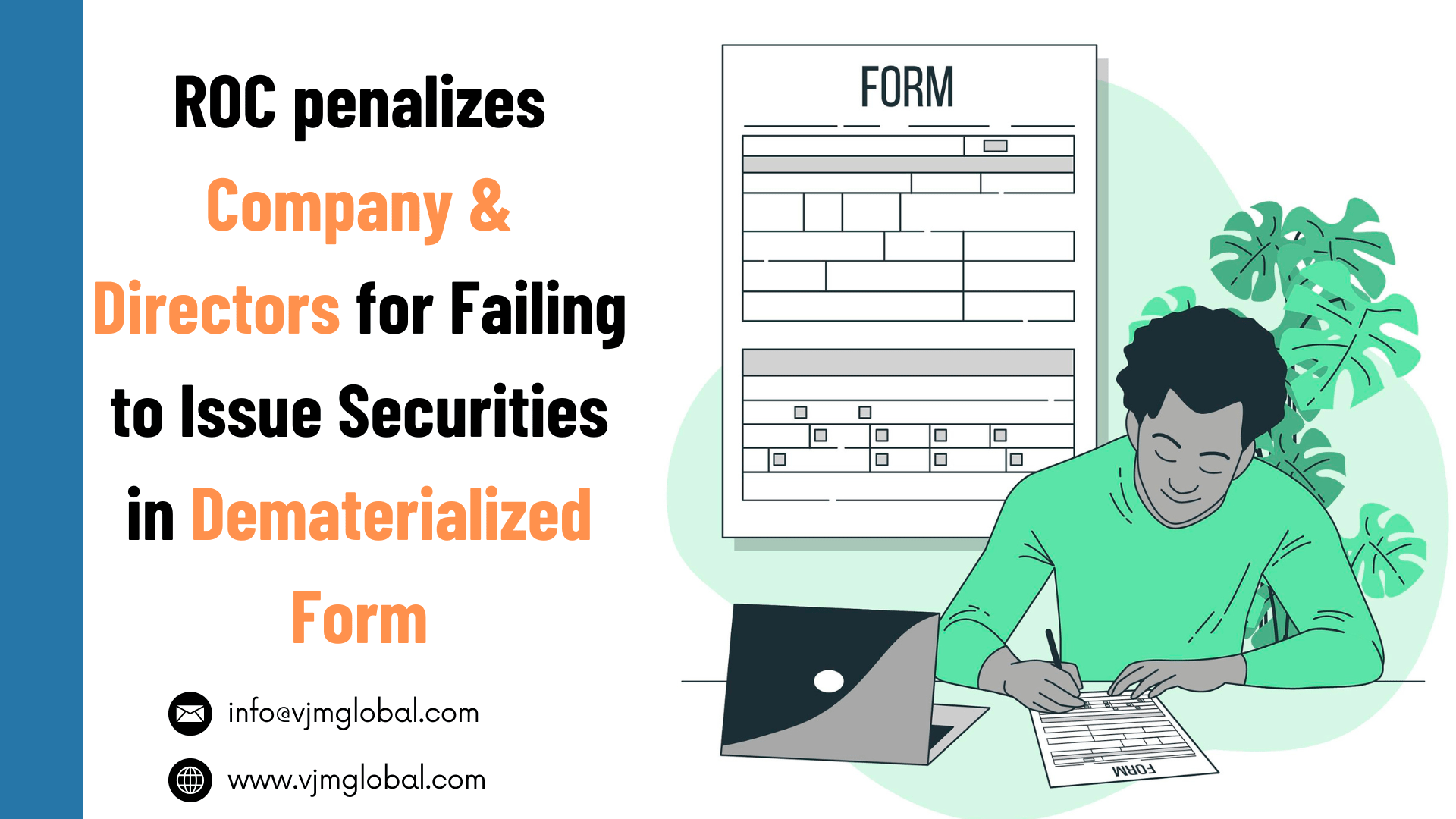Post issuance of any order by Appellate Authority, next level of review application lies with the GST Appellate Tribunal. GSTAT reviews the order passed by Appellate authority and then issues the order to confirm, modify or set aside the order of Appellate Authority based on its finding and analysis.
CGST Act 20187 provides following 4 stages of appeal and review:
- Appeal to GST Appellate Authority
- Appeal to GSTAT
- Appeal to High Court
- Appeal to Supreme Court
In this article we will discuss the 2nd stage of appeal, i..e, appeal to Goods and Service Tax Appellate Tribunal (“GSTAT” or “Appellate Tribunal”).
1. In which cases an appeal is filed before the Goods and Service Tax Appellate Tribunal (“GSTAT”)?
As per the section 109 of the Central Goods and Service Tax Act, 2017 (“CSGT Act, 2017”), if a person is not satisfied with the decision of Appellate Authority then he can file an appeal to Appellate Tribunal.
The GST Appellate Tribunal simply means the second appeal forum under GST which is higher than the appellate authorities. It is also the forum of resolving disputes related to state GST and center GST.
2. What are the Levels of GSTAT (Section 109 of CGST Act)
- Under Section 109(1) of CGST Act, the government has constituted an Appellate Tribunal known as Goods and Services Tax Appellate Tribunal (“GSTAT”) on recommendations of the GST council. It is formed for the hearing of appeals against the orders passed by the Appellate Authority.
- Two types of GSTAT Benches are set up namely National Bench and State Benches. The National Bench is set up with its further sub-benches known as Regional Benches. The State benches are set up with its further sub-benches known as Area Benches.
2.1 National Bench and its Regional Benches
- One National Bench is established under GST Act and same is situated in New Delhi and it is presided by the President. Further, National Bench consists two Technical Members, one is of Centre and another is of State.
- Number of Regional Benches to be set-up are decided by the government on the recommendations of the GST council.
- If any of the matter under appeal is related to place of supply then such matter shall be handled by The National Bench or Regional Benches of the Appellate Tribunal. For other matters, appeal shall be heard by the state benches or Area Benches.
2.2 State Bench and its Area Benches
- The Government shall specify the name of estates or Union Territory for which a State Bench shall be established.
- On request of state government, Government shall decide number of Area benches to be established in a state on recommendation of council.
- An appeal shall be filed with State bench or Area bench against order of Appellate Authority where matter under dispute does not involve determination of Place of supply.
3. Who can file an appeal with the Appellate Tribunal?
An application with Appellate Tribunal can be filed by any person who is aggrieved by the order of Appellate Authority. Therefore, appeal can be filed by either:
- Assessee or
- Departmental Authority
3.1 Appeal to Appellate Tribunal by an Assessee
- If an assessee is aggrieved by the order of Appellate authority then he can freely move to Appellate Tribunal as per the procedure laid down under the CGST Act.
3.2 Appeal to Appellate Tribunal by Departmental authority
- The Commission may call for records of any order passed by Appellate Authority or Revisional Authority on his own motion. He may do so on the request of the Commissioner of State tax or Commissioner of Union Territory.
- The commissioner may review and examine such records to ensure that order passed by appellate authority is legal and appropriate.
- If the commissioner is not satisfied with the decision of Appellate Authority then it may direct any of his subordinates to file an application before Appellate Tribunal within 6 months from date of communication of impugned order. The Commissioner will decide the matter on which appeal should be filed.
- Person filing the appeal is known as Appellant.
4. When an appeal can be filed to Appellate Tribunal
- As per Section 112(1) of the CGST Act, 2017, appeal can be filed before Appellate Tribunal against the order passed by GST Appellate Authority under Section 107 of CGST Act or Revisional Authority under Section 108 of CGST Act.
5. Procedure of filing appeal before Appellate Tribunal
5.1 Timelines to file appeal to Appellate Tribunal
- Appeal to appellate tribunal can be filed within 3 months from date of communication of imgubed order.
5.2 Relevant form to file appeal with appellate authority
- Appeal before Appellate Tribunal shall be filed in Form GST APL-05 alongwith relevant documents. Appeal can be filed either electronically or otherwise.
- Immediately on submission of application, system will generate a provisional acknowledgment.
5.3 Submission of impugned order with GSTAT
- Post filing of appeal application, certified copy of order of Appellate Authority appealed against shall be filed with registrar within 7 days alongwith applicable Fee and other documents in Form GST APL-05.
- Post submission of all documents, final acknowledgment shall be generated in Form GST APL-02 indicating the appeal number.
5.4 Date considered as date of filing of appeal
- If certified copy of order of appellate authority alongwith other documents are submitted within 7 days then the date of filing of application shall be the date of generation of provisional acknowledgment.
- However, in case of late submission, date of generation of acknowledgment in Form GST APL-02 shall considered as date of filing of application.
E.g.
- Date of filing of application in form GST APL-05: 1st January, 2020
- Date of generation of provisional acknowledgment: 1st January, 2020
Case-1:
| Date of filing of supporting documents | 5th January, 2020 |
| Date of generation of final Acknowledgment in Form GST APL-02 | 5th January, 2020 |
| Date considered as date of filing of appeal | 1st January, 2020 |
Case-2
| Date of filing of supporting documents | 10th January, 2020 |
| Date of generation of final Acknowledgment in Form GST APL-02 | 10th January, 2020 |
| Date considered as date of filing of appeal | 10th January, 2020 |
5.5 Minimum disputable amount for filing appeal with GSTAT
- Where the amount involved in appeal, i.e., the tax amount, input tax credit amount, Difference in tax or Input Tax credit, Fine, fee or penalty is less than INR 50,000, then Appellate Tribunal may refuse to admit any such appeal.
5.6 Filing of Memorandum of Cross Objection by Counter Party
- On filing of application, GSTAT shall issue a notice to the counter party informing him about filing of appeal application.
- On receipt of such notice, counterparty shall file memorandum of cross-objections within 45 days from date of receipt of such notice. Appellate Tribunal shall dispose off such memorandum as if it was an appeal presented before GSTAT.
- Memorandum of Cross objection shall be filed by the counterparty in form GST APL-06.
5.7 Time limit of admission of appeal by GSTAT
- Appellate Tribunal shall admit the appeal:
- In case of appeal: within 3 months from date of expiry of 3 months from date of communication of impugned order. E.g.
| Date of Communication of Impugned order | 1st January, 2020 |
| Time limit of filing of Appeal before Appellate Tribunal | 1st April, 2020 |
| Time limit for admitting such appeal by appellate Tribuna | 1st July, 2020 |
- If case of Memorandum of Cross-Objections: Within 45 days after expiry of 45 days from date of receipt of notice
| Date of Communication of Notice by GSTAT to Counter Party | 1st January, 2020 |
| Time limit of filing of Memorandum of Cross Objection by Counterparty | 15th February, 2020 (1st January, 2020+ 45 Days). |
| Time limit for admitting such appeal by appellate Tribuna | 1st March, 2020 (45days from 15th February, 2020) |
5.8 Pre-deposit to be made for filing appeal with GSTAT
- Appeal with GSTAT will be filed only after payment of below liabilities.
- Appellate has deposited full amount of undisputed amount of tax, interest, fine, fee and penalty; and
- Appellant has paid 25% of the disputed amount, in addition to the amount paid at the time of filing of appeal before Appellate Authority. However, such amount shall not exceed IN 50 Crores
5.9 Fee for filing appeal to appellate tribunal
- Fee for filing of appeal with GSTAT shall be INR 1,000 for every 1,00,000 Rupees amount involved subject to maximum of INR 25,000.
- Further, There will be no fee for application made for rectification of errors.
6. Production of Additional evidence before Appellate Tribunal
- An appellant shall not be allowed to produce any additional documents or evidence, before Appellate Tribunal which was not produced earlier before the Appellate Authority.
- However, in following cases, additional evidence shall be allowed:
- where evidence proposed to be admitted was refused by the Appellate authority; or
- where the appellant could not produce such evidence before Appellate Authority due to reasonable cause and such evidence which was called by Appellate Authority or such evidence is relevant to any ground of appeal; or
- where the Appellate authority has passed the impugned order without giving sufficient opportunity to the appellant to adduce evidence relevant to any ground of appeal.
- No additional evidence shall be allowed unless Appellate Tribunal records the reasons for allowing such additional evidence.
- Appellate Tribunal shall not admit the additional evidence unless the reasonable opportunity of show cause has been given to Appellate Authority:
- to examine the evidence or document or to cross-examine any witness produced by the appellant; or
- to produce any evidence or any witness in rebuttal of the evidence produced by the appellant under sub-rule
- However, the Appellate Tribunal may ask for any document on its own, whether presented before Appellate Authority or not. In such a case, provisions of Rule 112 shall not apply.
7. Order by Appellate Tribunal
- Appellate Tribunal shall provide the reason opportunity of being heard to both the parties.
- Appellate Tribunal shall pass the order as it thinks fit. GSTAT may confirm, modify, set aside the order issued by Appellate Authority. GST may also refer the case back to the Appellate Authority, or the Revisional Authority or to the original adjudicating authority for a fresh adjudication or decision after taking additional evidence, if necessary.
- During the course of proceedings, GSTAT may grant the Adjournment to both the parties subject to maximum of 3 adjustments to a party.
- Any error in the order can be rectified by the Appellate Tribunal within 3 months from date of passing of order.
- The Appellate Tribunal shall, as far as possible, hear and decide every appeal within a period of one year from the date on which it is filed.
- The Appellate Tribunal shall send a copy of every order passed to the Appellate Authority or the Revisional Authority, or the original adjudicating authority, as the case may be, the appellant and the jurisdictional Commissioner or the Commissioner of State tax or the Union territory tax.
7. Appeal against order of GSTAT
Order issued by GSTAT shall be binding unless an appeal is filed with the High Court under section 117 of CGST Act.

